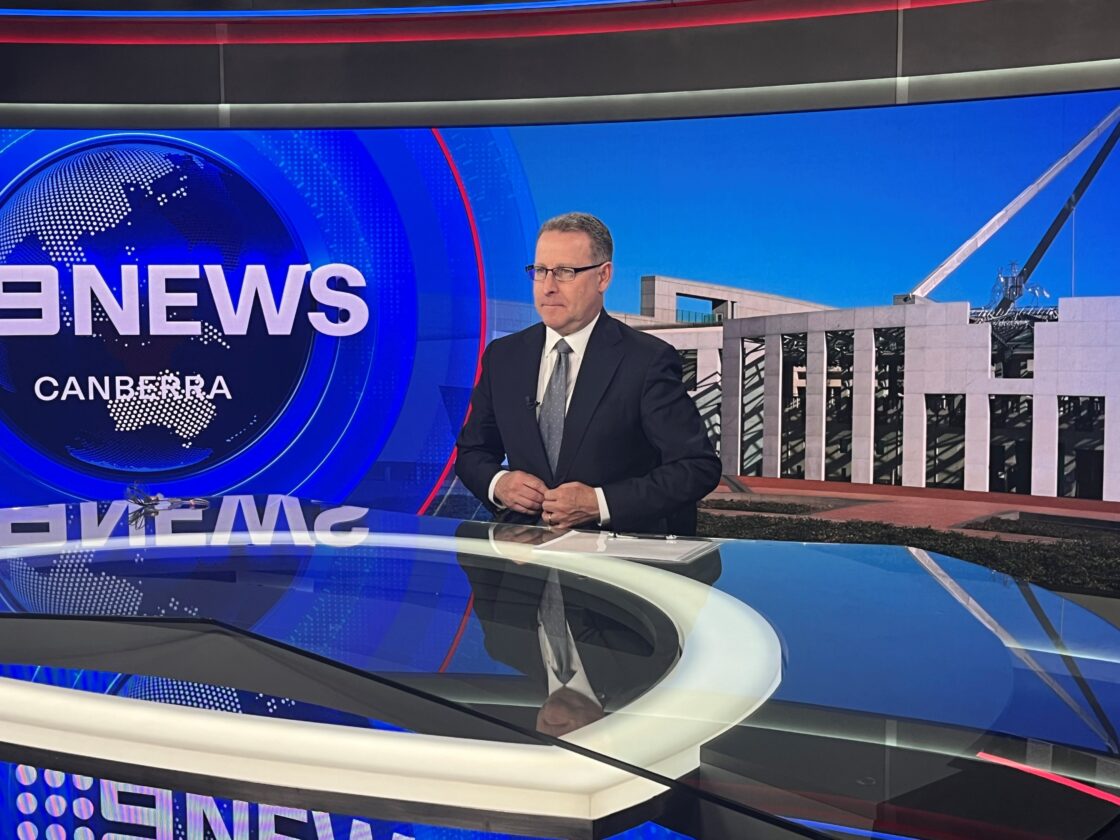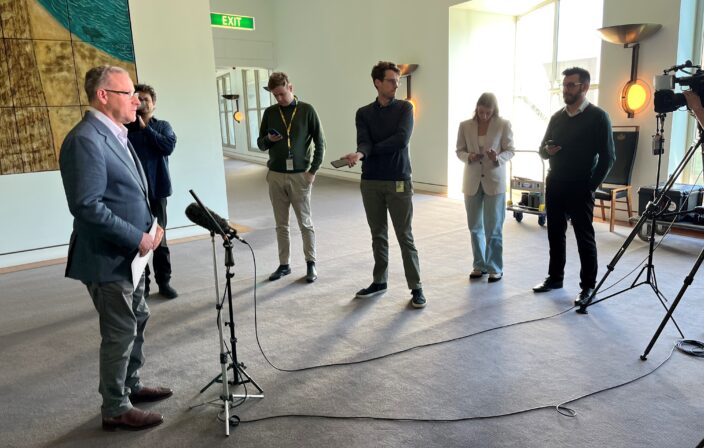Transcript: Today Show interview with ACCI CEO Andrew McKellar
26 Aug 2024
|Media Release

Event: Today Show interview with ACCI CEO Andrew McKellar
Date: Monday 26 August 2024
Topics: Changes to the workplace coming into effect including the ‘right to disconnect’
E&OE
Sarah Abo (Host):
Well, this morning new right to disconnect laws come into effect for millions of Aussie workers, the right to ignore their bosses after work hours. For now, we are joined by Andrew McKellar from the Chamber of Commerce and Industry. Andrew, thanks so much for your time this morning. What is your reaction to these changes? The minister before was saying that these have been long anticipated and will benefit employees across the country.
Andrew McKellar:
Oh, good morning, Sarah. Great to be with you. Look, I think it’s a big day, a nervous day for business. I think there is a lot of uncertainty out there about what these changes will mean. So you’re right, right to disconnect is one of those key changes, but there are also changes to casual employment arrangements, the definition of employment, which also affects independent contractors. There are changes for people working in the gig economy. There are changes in the road transport sector, so it’s quite far reaching but on right to disconnect really I think at this stage there’s a lot of people, businesses, and employees who really are struggling to understand what this means and how it’ll apply to them.
Sarah Abo:
And look, I think there will likely be a grace period, while everyone does try and figure this out. But essentially it is just about protecting those employees so that they aren’t on call constantly. But I guess that might pose some problems for some businesses, particularly smaller businesses, once this does roll out across and reach them as well.
Andrew McKellar:
Look, I’d say this is a solution looking for a problem, Sarah. I mean, really there really was no rationale for this, and a lot of it should be just commonsense. So our concern is, what we’ll see is in a number of cases, this will be used when the employment relationship is broken down. It’ll be another reason why there are claims or why there’s litigation. And I think other than that, for ordinary businesses, this is going to be more complexity, more red tape, something where they’re going to have to revise their policies, look at their employment contracts, work through all of those things. It’ll end up soaking up time and efficiency. And really, it’s not clear that there’s going to be a lot of benefit at the end of the day.
Sarah Abo:
Andrew, are you concerned that employees might weaponise this?
Andrew McKellar:
Look, in some cases that will probably happen, and I think our concern is we won’t really know how that’s going to play out. We’ll see some test cases emerging in the months down the track, and once we see those, then we’ll know how it’s going to be interpreted by the commission and by the courts.
Sarah Abo:
How would you interpret, I guess, unreasonable contact? I mean, it’s a loose term, it might change from employer to employee. How would you term unreasonable?
Andrew McKellar:
Well, I think that’s precisely the problem. It’s not defined. There’s a lot of uncertainty. Until we see some of those claims emerging until we see some cases coming forward in the commission or in the courts, then really it’s going to be up to them. But I think this is one of those things where a lot of it should be commonsense. We really don’t need to have laws and regulation in this space because 98 per cent of businesses are going to do the right thing and they’re going to work very cooperatively with their employees so just to get the balanced outcome.
Sarah Abo:
In a world that’s so connected, it’ll be interesting to see how this plays out. Andrew, we’ll catch up with you in a few months to see just the impact it’s had. Thank you so much for joining us today.
Andrew McKellar:
Thank you, Sarah.


